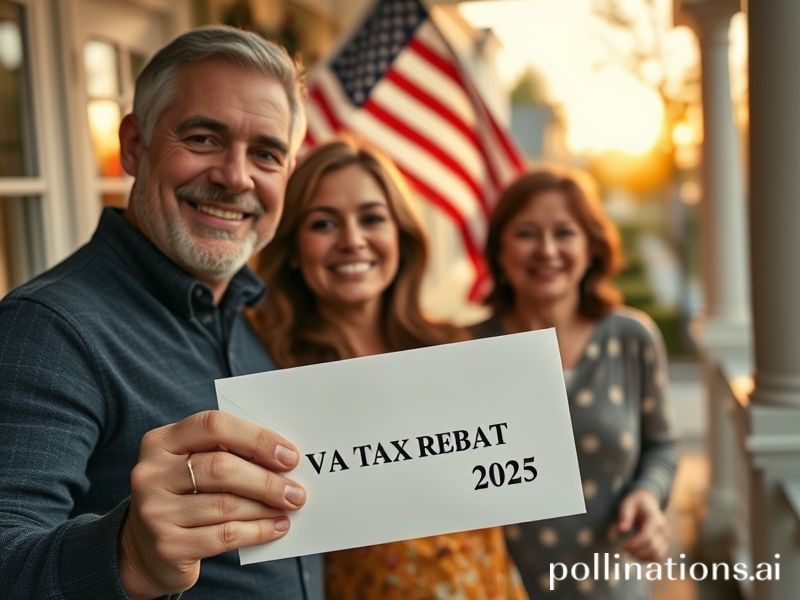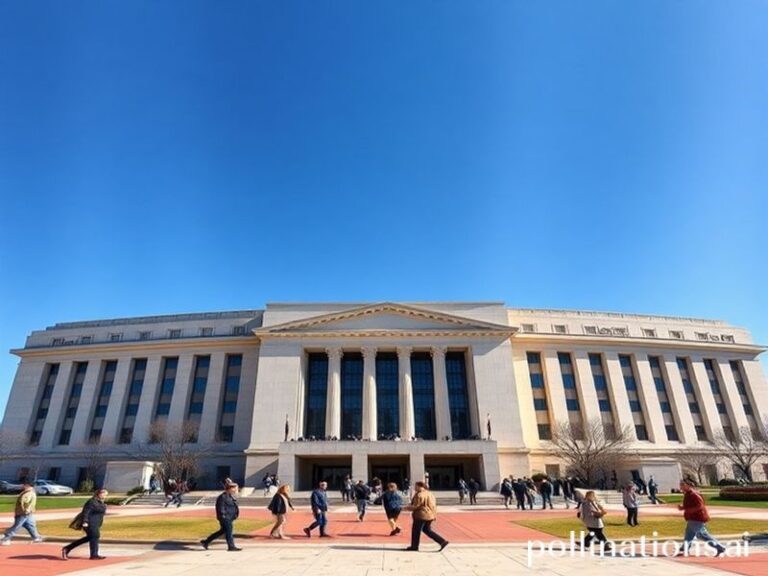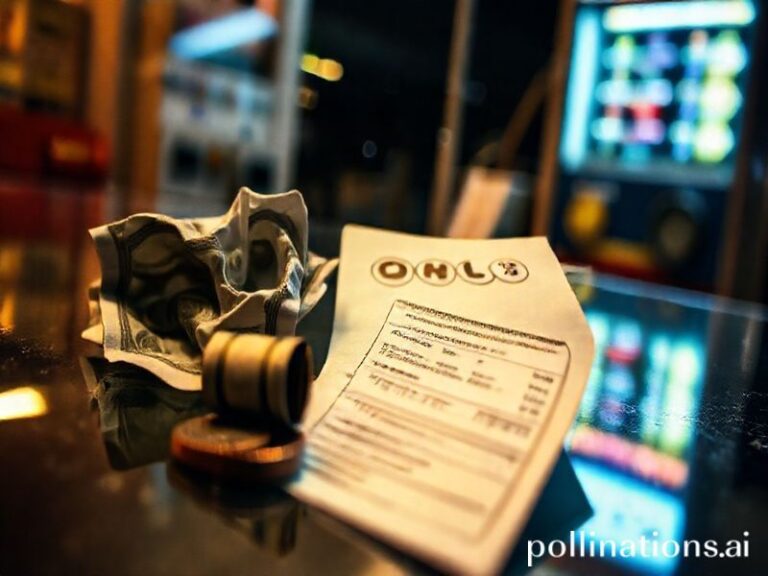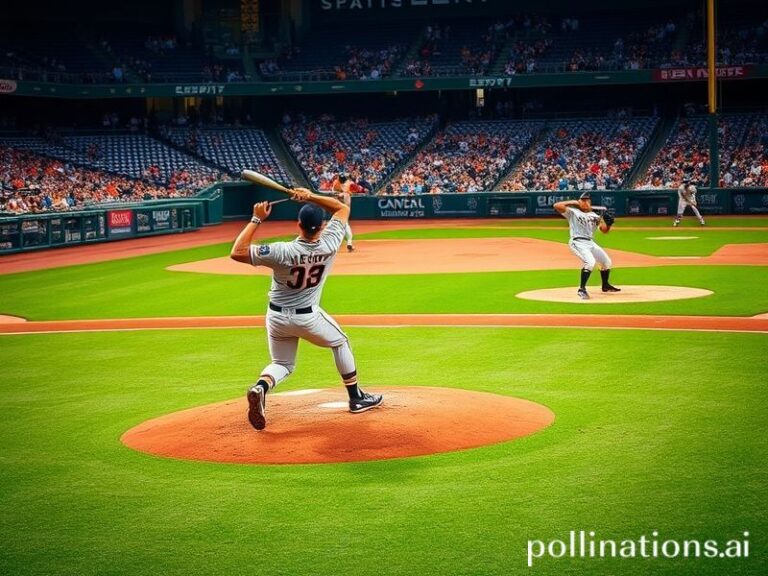Virginia’s $250 Thank-You Note to the World: How One U.S. State Tried to Out-Rebate Global Chaos
Richmond, Virginia—In a world where nations wage proxy wars over semiconductor supremacy and central bankers treat inflation like a moody house-cat, the Commonwealth of Virginia has decided that the most pressing geopolitical lever available to it is… a tax rebate. Yes, dear global citizen, while the Arctic melts faster than a popsicle in Dubai and Europe wonders whether its next winter will be heated by Russian spite or Qatari LNG, Virginia’s lawmakers have heroically concluded that the path to prosperity is mailing 250-dollar checks to anyone who remembered to file before the apocalypse.
The 2025 rebate—$250 for individuals, $500 for couples—was announced with the solemnity of a papal encyclical. Governor Glenn Youngkin, channeling both Reagan-era optimism and the practiced smile of a man who knows his approval rating is one power-grid failure away from open revolt, declared the measure “a victory for working families.” International observers, accustomed to watching the United States debate trillion-dollar aircraft carriers and trillion-dollar student-loan forgiveness in the same news cycle, rubbed their eyes. Two hundred and fifty dollars? That barely covers the bribe to skip the queue at Heathrow passport control.
Yet context is everything. In Sudan, $250 can finance a month of clean water for an entire village; in Switzerland, it buys you half a raclette and a disdainful glance. In Virginia, it will likely be vacuumed up by the same inflationary vortex that turned avocados into a luxury good. Still, the rebate is more than fiscal policy—it’s a tiny, brightly colored band-aid on the gaping wound of late-stage capitalism, applied with the conviction that retail therapy can, in fact, be macroeconomic therapy.
Let us zoom out, satellite-style. Across the Pacific, China is subsidizing electric-vehicle exports so aggressively that European carmakers now dream of tariff walls the size of the Alps. Meanwhile, the European Union itself is funneling €270 billion into a “Green Deal Industrial Plan,” a sum large enough to make even the Pentagon blush. Against this backdrop, Virginia’s $1.2 billion outlay resembles a polite hiccup at a death-metal concert. Yet the move resonates precisely because it is so modest, so almost quaintly democratic. It is the fiscal equivalent of bringing a casserole to a gunfight—endearing, mildly absurd, and probably insufficient, but impossible to hate without looking like a complete bastard.
International investors, ever hungry for narrative, have reacted with the enthusiasm of a cat shown a tax code. The rebate is too small to move Treasury yields, too large to ignore entirely. Analysts at Nomura wrote, with the tortured prose of people paid by the adjective, that the measure “signals a micro-stimulative tilt amid global tightening,” which translates roughly to “we have no idea, but we need to sound clever.” Currency traders yawned so hard the euro barely budged.
Still, the symbolic freight is heavier than the fiscal. In an era when governments from Buenos Aires to Ankara treat their currencies like experimental origami, Virginia’s gesture is refreshingly retro: actual money, printed on actual paper, delivered by an actual postal service that still knows where most people live. It is a throwback to the quaint idea that states exist to serve citizens, not merely to monetize their data and hope they don’t notice the difference.
Naturally, there are critics. The progressive left calls the rebate “crumbs,” arguing that systemic problems require systemic solutions—universal healthcare, affordable housing, maybe even a functioning train to New York that doesn’t require a séance to summon. The libertarian right calls it “vote-buying with other people’s money,” apparently forgetting that all votes are, by definition, purchased with other people’s money; the only question is the currency.
In the end, the Virginia rebate is less an economic event than an anthropological one: a small, well-meaning tribe distributing shiny beads to reassure itself that the sky is not, in fact, falling. The sky may well be falling—see: permafrost methane, AI-generated propaganda, the continued existence of the New York Jets—but for a brief moment in 2025, some Virginians will open an envelope, find a check, and feel, however fleetingly, that the system still knows they exist. In 2024, that may be the most exotic import the world has to offer.







